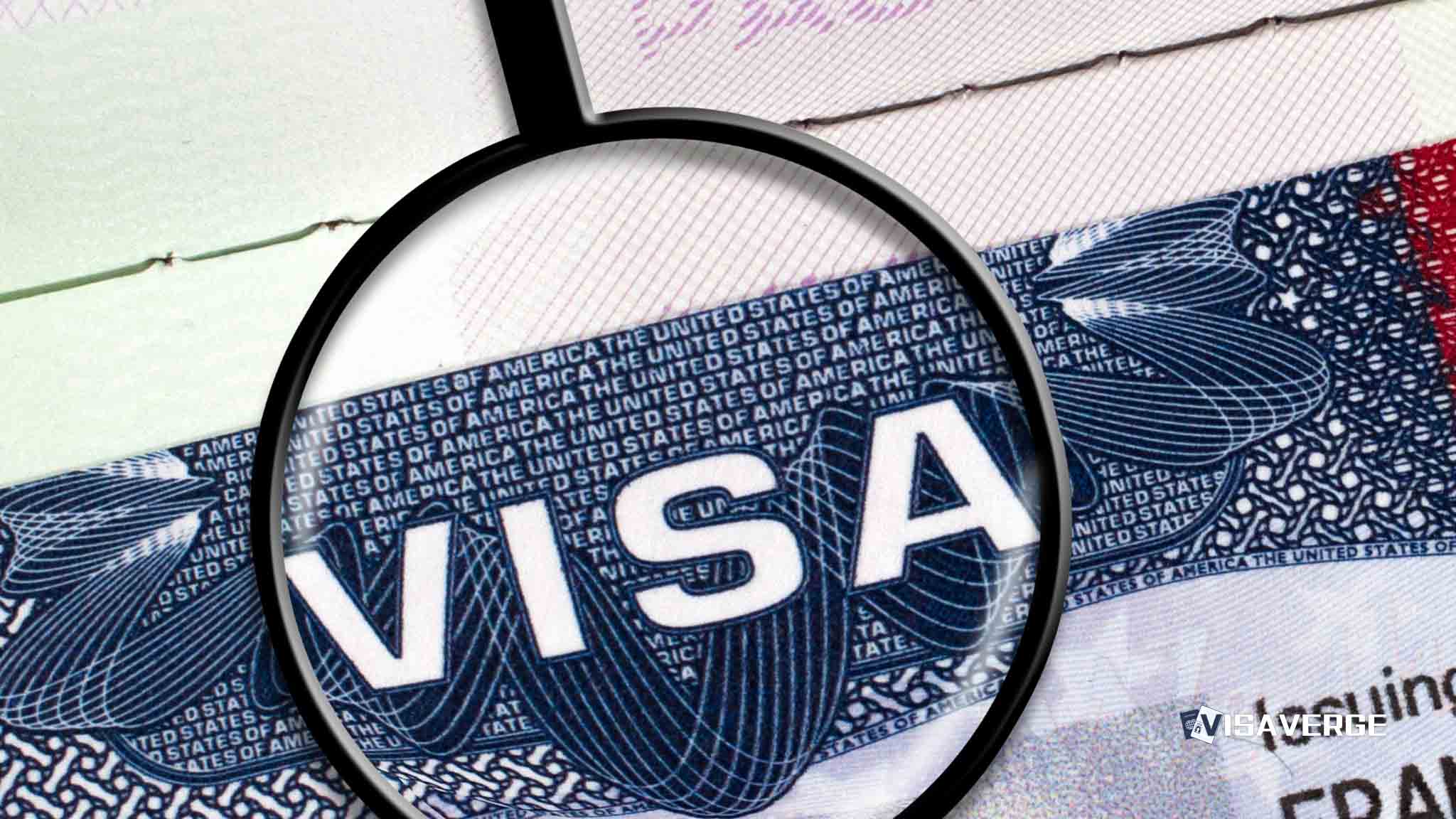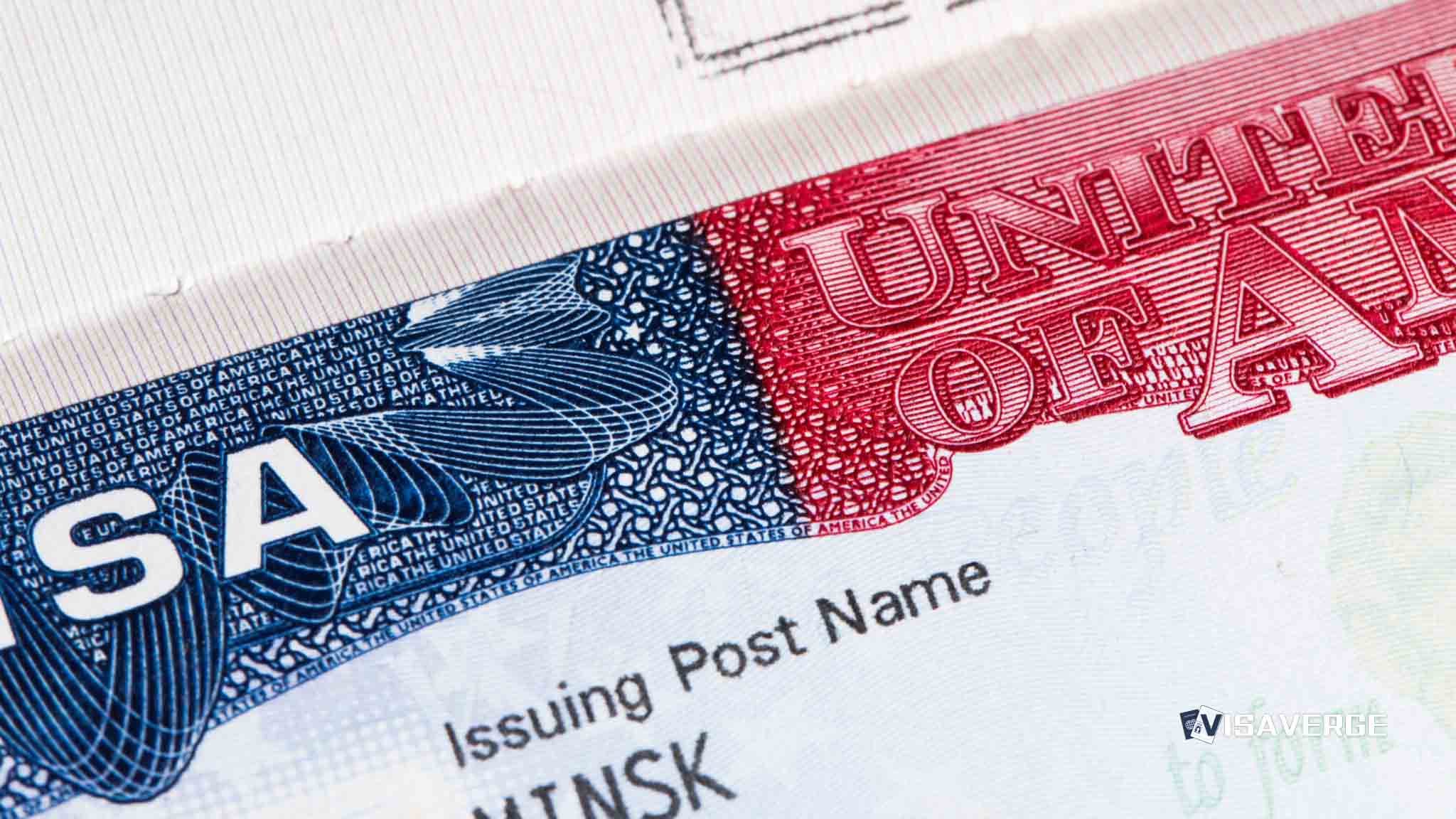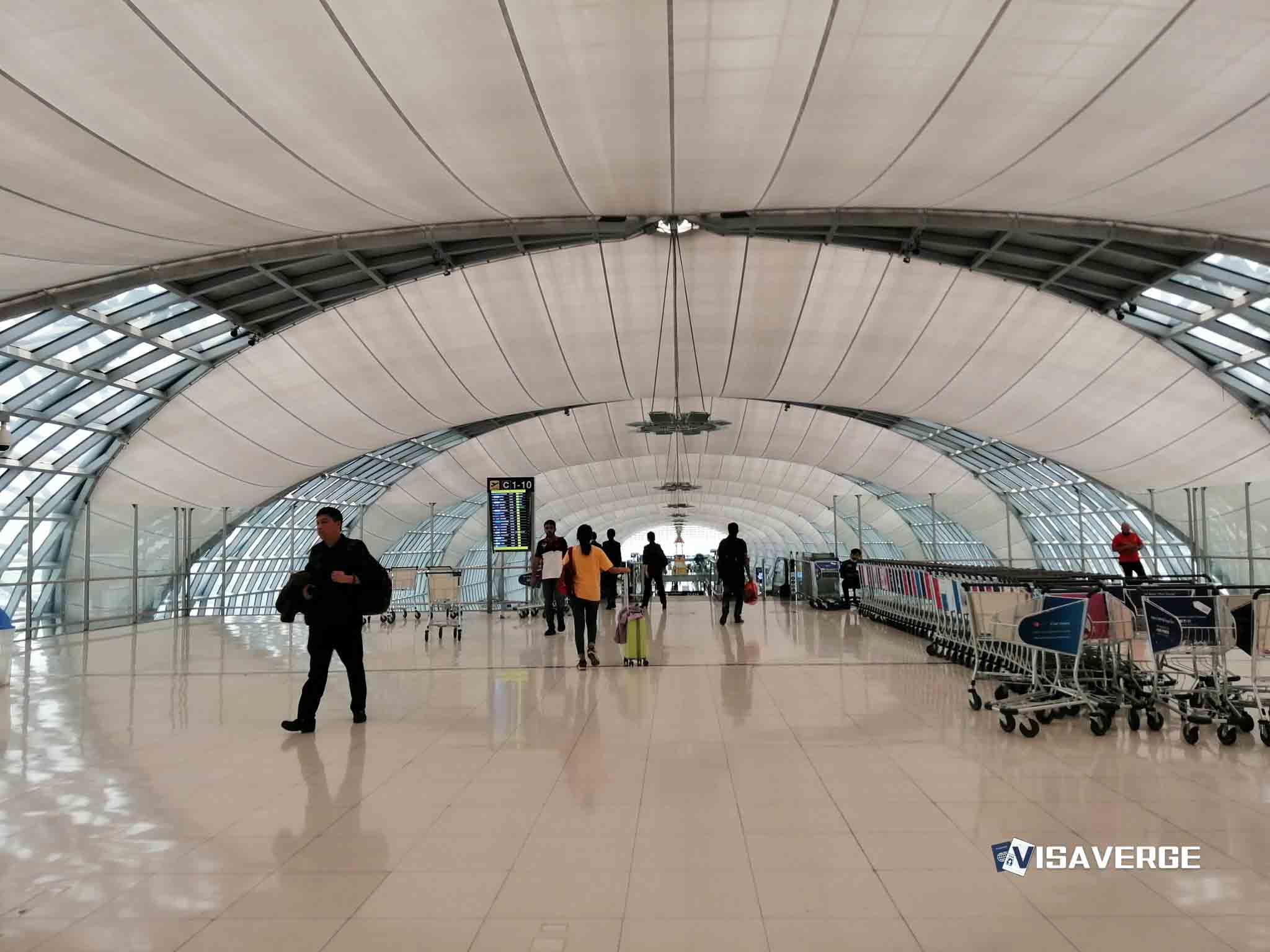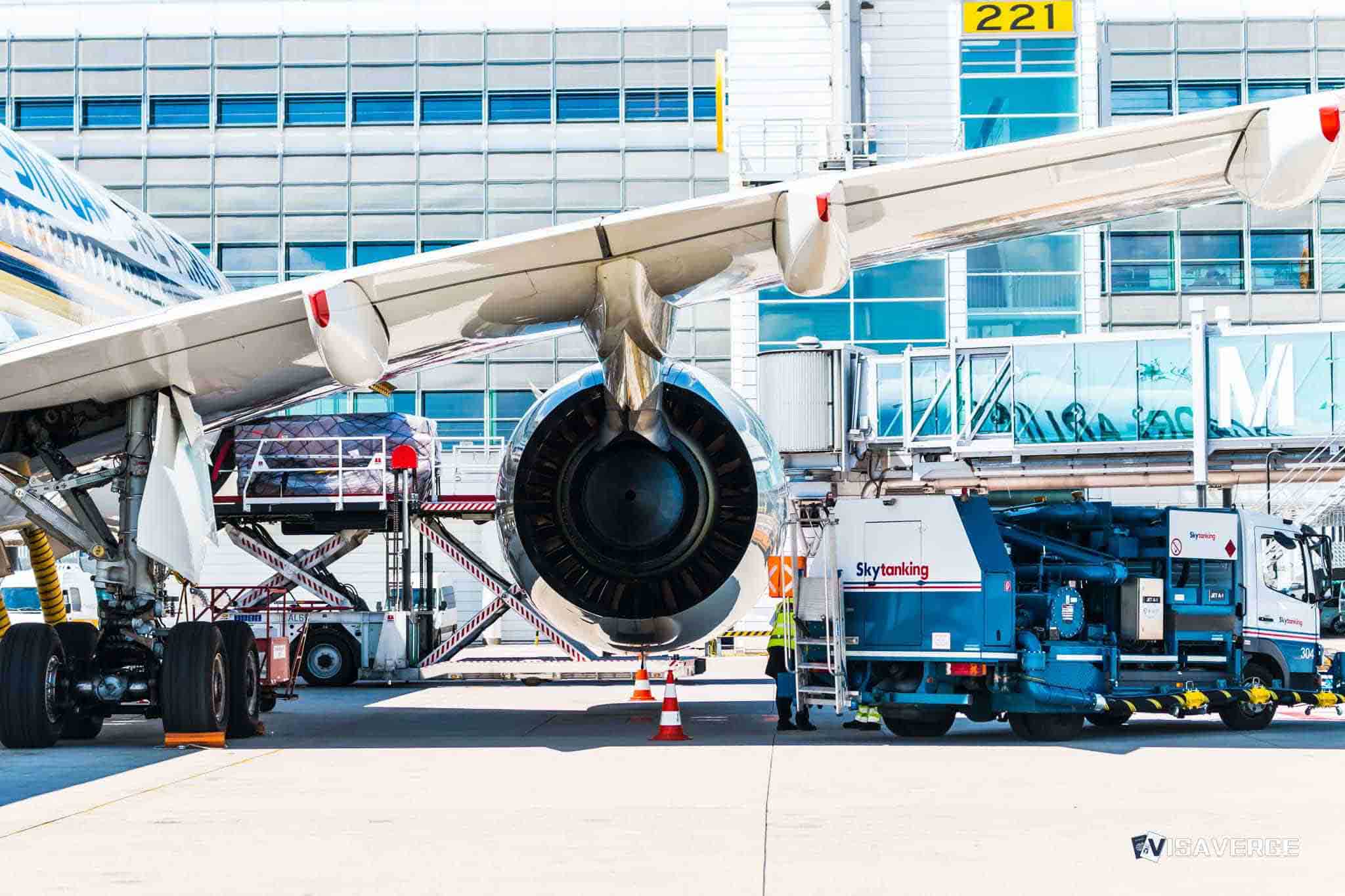F-1 students facing a possible U.S. government shutdown should prepare for delays but not full stoppages at consulates. Visa work generally keeps going because it’s paid for by application fees, not yearly budget bills. That means most F-1 visa stamp appointments abroad continue during a shutdown, though some services can slow or pause if the shutdown lasts a long time or if staffing is reduced.
According to analysis by VisaVerge.com, students should plan for longer queues and scattered disruptions, but not a blanket halt to visa interviews.

What to expect at consulates during a shutdown
- Visa processing is fee-funded, so most visa units remain open even during a shutdown.
- Expect processing delays, reduced appointment availability, and possibly shorter service hours at some posts.
- If the shutdown is prolonged, some consular services may be scaled back or suspended, affecting issuance timelines.
- Consular operations vary by location — the impact depends on local staffing and policies.
Key takeaway: consulates often keep visa windows open, but a shutdown can make scheduling and processing slower and less predictable.
If you have an upcoming F-1 visa interview abroad
- Many posts will still offer normal scheduling, but plan for:
- Longer wait times
- Fewer appointment slots
- Possible processing delays after interviews
- If you need to renew an expired F-1 stamp, build extra time into travel plans or consider avoiding international travel until operations stabilize.
- Start checking for interview openings as early as possible and keep in steady contact with your school’s international office.
Returning to the U.S. with a valid F-1 visa
The rules for re-entry do not change during a shutdown. Students can re-enter if they have the correct documents and have stayed away from the U.S. within the usual limit.
Confirm these three items before booking flights:
1. Valid F-1 visa stamp in your passport.
2. Current or properly endorsed Form I-20 from your school’s DSO.
3. Time away from the U.S. is less than five months.
If you were outside the U.S. for longer than five months, or if your study plan changed significantly, you should have a new Form I-20. The Department of Homeland Security explains the purpose and use of the Form I-20 on its official page here: Form I-20 (ICE/SEVP).
Practical arrival and documentation tips
- Check the DSO endorsement on page two of the Form I-20 — it should be recent and clearly signed.
- If you changed program, major, school, or level, confirm the Form I-20 reflects the update.
- Carry these items in your hand luggage for inspection at the port of entry:
- Form I-20
- Passport with F-1 visa stamp
- School contact details / international office information
None of these baseline requirements change because of a government shutdown.
If your F-1 visa has expired and you must renew abroad
- This is the main pinch point. A shutdown can make early interview slots harder to find and lengthen overall processing time.
- Recommended actions:
- Postpone travel if possible until consular operations stabilize.
- If travel is unavoidable, start checking appointment systems immediately and allow a wide time buffer for scheduling and administrative processing.
- Be prepared for interview slots to be released in smaller batches and for local conditions to change quickly.
Role of school international offices (DSOs)
- DSOs can:
- Confirm whether your Form I-20 is properly endorsed for travel.
- Advise if a new Form I-20 is needed after a long absence.
- Help plan around consular delays and share updates if operations shift.
- Email the DSO before any international trip and again before returning — especially if your absence approaches the five-month threshold.
Quick reference: shutdown effects
- F-1 visa stamp appointments: Generally continue (fee-funded); expect delays.
- Visa interview scheduling: May be limited with longer wait times.
- Returning for spring: Allowed with valid visa and endorsed Form I-20; standard rules apply.
- Renewing a visa abroad: Possible delays; consider postponing travel if your current visa has expired.
Final recommendations
- Confirm document validity early.
- Keep your Form I-20 updated and endorsed.
- Check your visa stamp’s expiration date — if renewal will be needed abroad, prepare for longer timelines.
- When in doubt, stay in touch with your DSO and delay non-essential trips until the situation settles.
This measured approach helps protect spring enrollment plans even as a shutdown puts strain on consular operations.
Frequently Asked Questions
This Article in a Nutshell
During a U.S. government shutdown, most F-1 visa appointments at overseas consulates continue because visa services are predominantly fee-funded. However, shutdowns commonly cause longer wait times, reduced appointment availability, and occasional scaling back of services if staffing is affected. Students renewing expired F-1 stamps abroad face the greatest disruption and should consider postponing nonessential travel, checking appointment systems early, and allowing significant time buffers. Returning students with a valid F-1 visa, current endorsed Form I-20, and absences under five months can re-enter under normal rules. Maintain communication with your DSO, verify I-20 endorsements, and plan travel with contingency time to protect enrollment plans.








